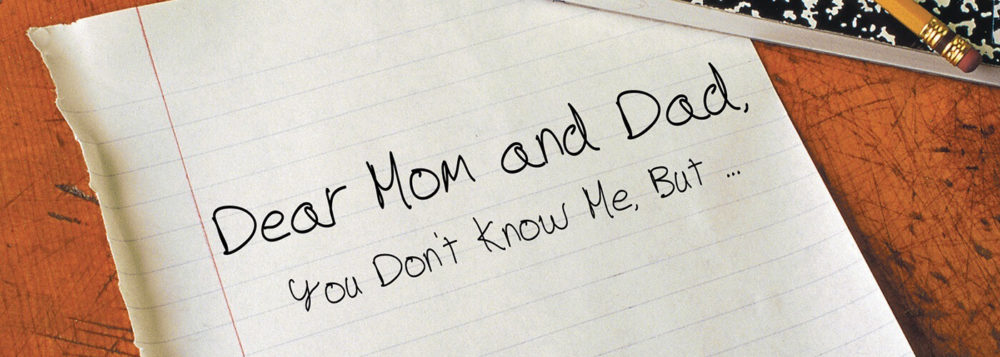I did something today that I haven’t done in some time. I took a friend, a co-worker, to an AA meeting. The man who shared his story with us was someone that I doubt I’d ever seen before, but our paths had undoubtedly crossed in a foggy and frozen past. His story was not unusual, but it was, of course, different … after all, it was his story. He has spent most of his life in Cheyenne, Wyoming and that is where I believe our paths had crossed.
Like so many of the people who find themselves stating how grateful they are to be “grateful” recovering alcoholics, he shared things about his life that leaves one wondering, “how many different ways can there possibly be to find one’s way to the ultimate solution to a common problem?” What can I say, what can I do, that will make a difference in my life and thus make a difference in the life of another?
For me, the answer is to continue to share the chunks of my life that seem to beg to be shared. But, why do I feel that way? Why should any of the bits and pieces that make up the incomplete puzzle of my existence, make a bit of difference in the lives of people who take the time of their lives to listen to, or read, anything I have to say?
When I was just learning to read, and discovered the amazing children’s library in First Methodist Church, in Okmulgee, Oklahoma, I became fascinated with the lives of people our society held in high esteem, as having contributed something meaningful to the history of our nation, and thus the history of the world. I used to wonder what it would be like to have someone else think that my life was that important. Did they realize that someday someone might feel that they had contributed greatly to the society they helped to create? Was the sole reason for doing what they did, to see their names listed as important to history, or did they function from a pure motive of contributing to the greater good and let history be the judge of their contribution? And, what then of my motive(s), for the acts of my life?
A case in point: I recently had the privilege of speaking at Crafton Hills College in Southern California. It’s the third time I’ve been there and each time I’ve been gratified by the response, but this time was different. In the past, my time has always been limited to what I had to say with no time for people in the audience to question me afterwards. This visit ample time was allowed for questions, and there were plenty of questions; enough so that it had to be brought to an end after nearly an hour of questions, by the professor who’d arranged for the visit. But, one question elevated my pulse to point I’d not experience in several years.
“How do you know that what you’re expressing is not an addiction?”
That was the accusation leveled at me by the pastor of the church I’d been baptized in the first time. My answer now is the same as it was then; “I have an addition. I’m an alcoholic. I think I know the difference better than someone who is neither.” We don’t experience an addiction, we suffer an addiction.
An addiction, the way I understand it and have experienced it, is a compulsion, the surrender to which leads ultimately to dismal and debilitating dysfunction in one’s life. Surrender to the life I live now has not led to dismal and debilitating dysfunction. On the contrary, it has led to a sense of joy and purpose which I never came close to experiencing in my past, including the past which included a sober “George”. Was that answer to her, something which helped her, or anyone else who was listening? I like to think so, but will most likely never know.
What can I say, what can I do, to make my life as important to others as the lives of all those people I read about and was inspired by all those years ago? Can answering absurd questions like the one I just shared be enough, or can continuing to share “my experience strength and hope” be enough for my life to be considered by history as an important contribution? Or is it my purpose in this life, to affect the life of only one other person, whose life has all the ingredients necessary to matter, to the point that they, become more than I aspired to be? What can I say, what can I do? History alone will be the judge of that.
In the meantime I will continue to share my “history” here.
